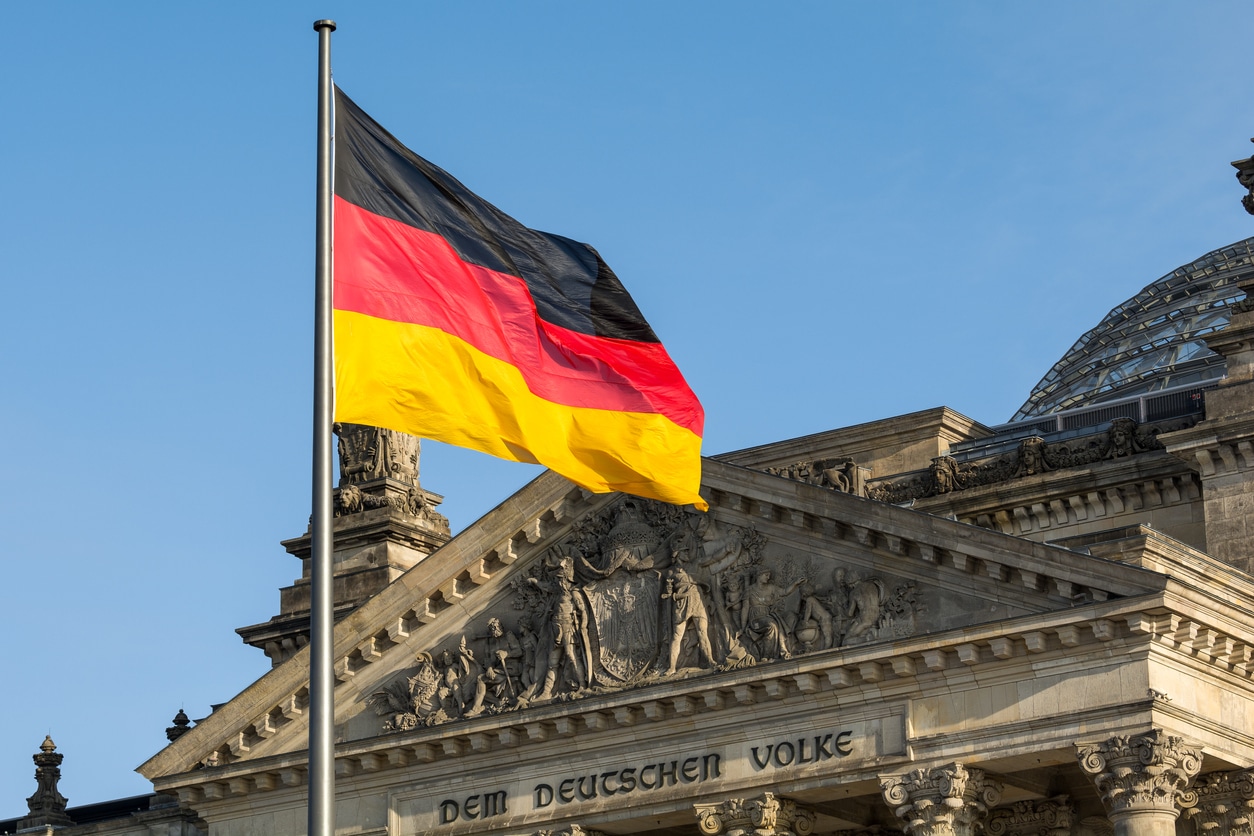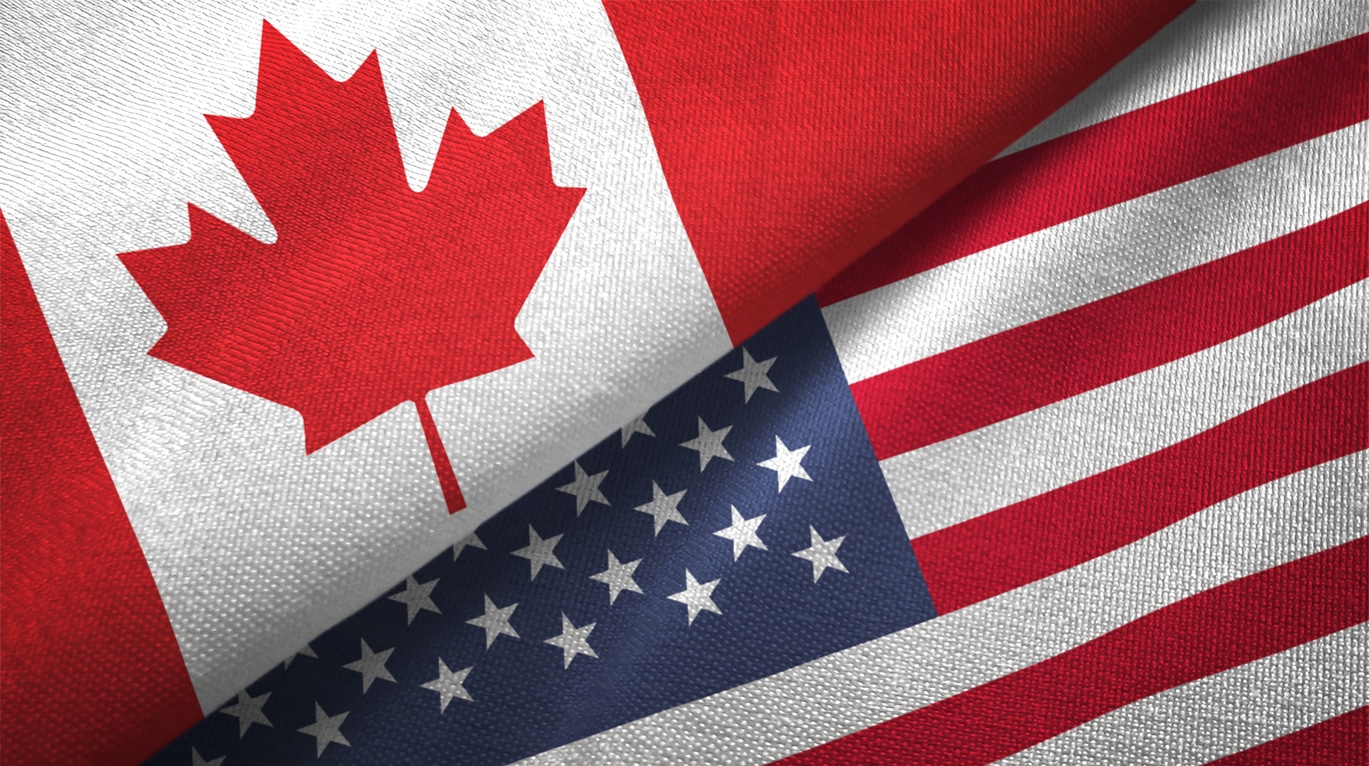Germany is a popular destination for study abroad due to its location in central-western Europe. As the most populous member state in the European Union, it boasts a rich history shaped by influences from the Roman Empire, the Holy Roman Empire, and the Prussian Empire. Today, Germany is renowned for its robust economy, contributions to the arts and sciences, and political stability. It is also well-known for hosting world-famous events like Oktoberfest and Christmas markets, as well as featuring iconic landmarks such as Neuschwanstein Castle. Additionally, Germany has a rich cultural heritage, which includes the works of famous composers such as Beethoven, Bach, and Mozart, and influential philosophers like Nietzsche, Kant, and Hegel.
You can save up to INR 27 Lakhs*, realize a ROI of up to 3.5X, and also get up to an 18-month Job Seeker Visa in Germany without the need for GRE/GMAT scores.
Here is a list of the Top 40 Interesting Facts About Germany
- Germany boasts a population of 81 million people and is known for its rich history and culture.
- 33% of the country is comprised of forested and wooded areas, providing ample opportunity for outdoor activities and natural beauty.
- Germany is a proud member of the European Union, with a diverse and dynamic economy.
- The Autobahn, Germany’s highway system, boasts 65% of its roads with no speed limits, making it a popular destination for car enthusiasts.
- One of the most unique aspects of Germany’s education system is that university education is available free of charge to all individuals, including international students.
- The country is home to over 2,100 castles, a testament to its rich history and cultural heritage.
- Germany is a beer-lovers paradise, with more than 1,500 unique beer options available.
- The country is the seventh largest in Europe, covering an area of 137,847 square miles, with 34,836 square miles of land and 3,011 square miles of water.
- The largest train station in Europe, Berlin Hauptbahnhof, is located in the heart of Berlin.
- This bustling city is not only 9 times larger than Paris but also boasts more bridges than Venice, making it a popular destination for tourists and locals alike.
- Germany is made up of 16 states, each with its own constitution and significant autonomy in terms of internal organization.
- The country is divided into 403 districts, of which 301 are rural and 102 are urban. Bavaria is the largest of the states.
- With a dense population, Germany borders 9 other countries, including Denmark, Poland, the Czech Republic, Austria, Switzerland, France, Belgium, Luxembourg, and the Netherlands.
- As the largest economy in the EU, Germany boasts a GDP of 3.73 trillion USD, placing it fourth globally behind the US, China, and Japan.
- Germany is a major producer of cars, with a 2011 output of 5.9 million vehicles. Volkswagen’s Golf model has been a best-seller, selling over 430,000 units in Europe in 2012 alone. In 2013, the top-selling car brands in Germany were Volkswagen, Mercedes, Audi, and BMW.
- The following are some of the cities that have served as the capital of Germany throughout history: Aachen, Regensburg, Frankfurt-am-Main, Nuremberg, Berlin, Weimar, Bonn (and East Berlin), and Berlin once again since 1990.
- Germany holds the distinction of being the birthplace of the first printed book and is also one of the leading book nations in the world, publishing approximately 94,000 titles annually.
- In 1663, Germany was the first country to launch a magazine, which marked the beginning of the publishing industry.
- Germany was also the first country in the world to adopt Daylight Saving Time (DST), also known as summertime, in 1916 during the midst of World War I.
- Famous for its role in world history, President John F. Kennedy visited Berlin and famously declared, “Ich bin ein Berliner,” which also translates to “I am a jelly donut.”
- The German language is one of the most widely taught third languages globally.
- German is still the most widely spoken language among native speakers in Europe.
- German is the official language in Germany, Switzerland, Austria, Luxembourg, and Liechtenstein.
- The longest published word, Donaudampfschifffahrtselektrizitätenhauptbetriebswerkbauunterbeamtengesellschaft, is a 79-letter word in German.
- The German language encompasses thirty-five unique dialects.
- There are more than 300 variations of bread and over 1,000 varieties of sausage produced in Germany.
- Beer is officially recognized as a food item in Bavaria.
- While smoking in public is banned, consuming alcohol is still allowed.
- Germans rank as the second-largest beer consumers globally, with only the Irish drinking more.
- The Oktoberfest in Munich, Bavaria, is the largest beer festival in the world and features a liter-sized beer glass, not a 500ml glass.
- In Germany, holding up one thumb signifies the desire for one beer, while holding up the first finger signals the intention to purchase two beers – one indicated by the thumb and the other by the finger.
- Germany boasts the largest number of football (or soccer, as it’s known in North America) fan clubs globally.
- In 1976, West Germany lost a penalty shootout 5-3 to Czechoslovakia in the European Championships, marking their only loss in a major football competition. In contrast, they have won in all other penalty shootouts.
- The tradition of the Christmas tree (Tannenbaum) originated in Germany.
- Germany is home to more than 400 zoos, the largest number in the world.
- There is a Barbie doll modeled after Chancellor Angela Merkel.
- Toilet paper in Germany is as soft and absorbent as paper towels.
- The majority of taxis in Germany are manufactured by Mercedes.
- In 17 countries, including Germany and Austria, denying the Holocaust is illegal, either explicitly or implicitly.










